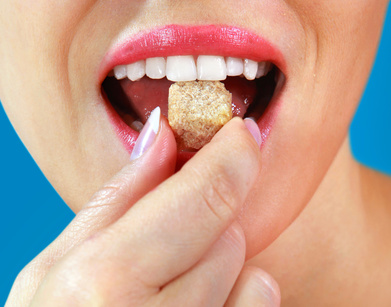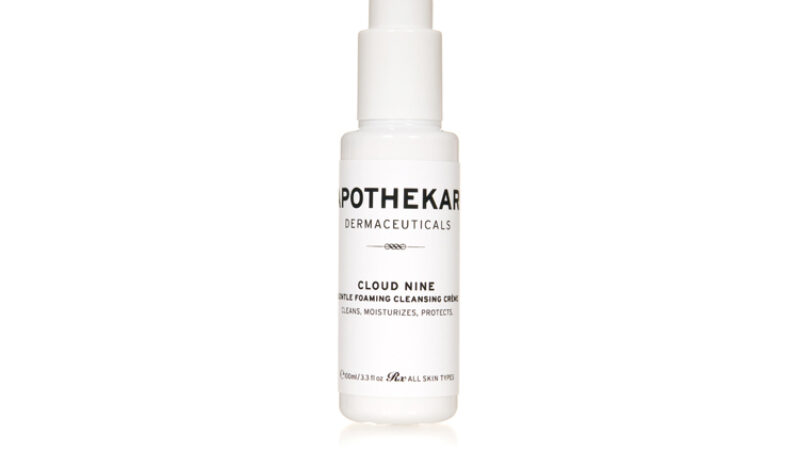Much has been made in the news recently about how “toxic” and addictive sugar can be; can sugar damage your skin too? The link between sun damage and skin has long been established. However, the link between sugar consumption and skin health is not as well established.
As sweet as sugar is, it can actually speed the appearance of aging in our bodies and our skin due to a process called glycation. If there is too much sugar in the body, the excess sugar molecules will attach themselves to proteins. These new sugar proteins result in the formation of a new molecule called Advanced Glycation End products, or AGEs for short. Coincidentally, this is exactly what glycation of the skin does: it AGES us.
Collagen and elastin, the proteins that are responsible for giving us firm, plump and taut skin, are precisely the ones that the glycation process tends to target. And when the skin is overwhelmed by AGEs, it reacts by producing wrinkles, sagging and dullness of complexion – almost half of the generally accepted signs of aging. In addition to those visible signs of premature aging, collagen production is compromised and the cell turnover process slows down.
The more sugar you consume, the more AGEs develop. The more AGEs you have, the quicker your skin shows signs of aging. Thankfully, there are things we can do. Although it may be impossible to stop the consumption of sugar completely, it’s not a bad idea to limit its intake. Watch out for hidden sources of sugar in foods like ketchup, carbohydrates and (gasp!) wine. Not surprisingly, cigarette smoking also increases the production of AGEs – another reason to consider breaking the habit.
To fight glycation from the outside, the skin care industry is just gearing up for this latest battle against premature signs of aging. Topical treatments are now being developed with anti-glycation active ingredients to break the cycle of sugar molecules attaching to proteins. For example, carnosine, found in La Roche Posay’s Derm AOX serum, works like a ‘magnet’ to attract sugar molecules away from collagen fibers, helping to prevent the skin’s matrix from stiffening and thus maintaining skin’s suppleness. Studies have shown that carnosine can inhibit the glycation process by 33%. Jouviance’s First Defence Antioxidant Emulsion also boasts anti-glycation properties using green tea as an anti-inflammatory against glycation damage. Of course, it can’t hurt if you just consume less sugar too.
Don’t be surprised to find more skin care treatments in the very near future that go one step further by actually reducing the number of AGEs in the body. Along with sunscreens and antioxidants, we may just be one step closer to the proverbial fountain of youth.




